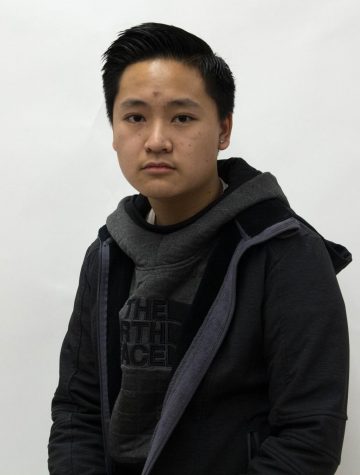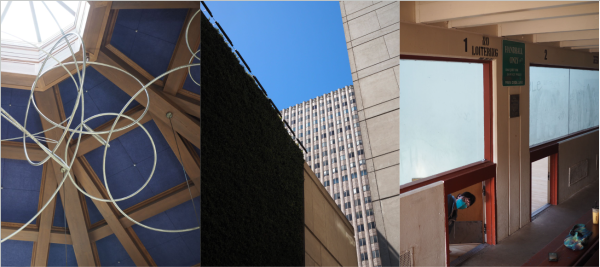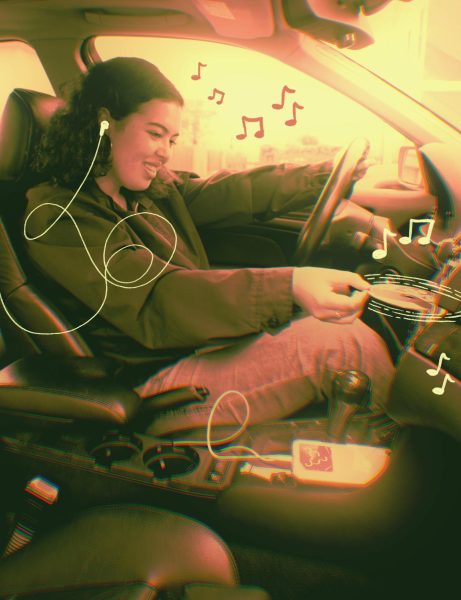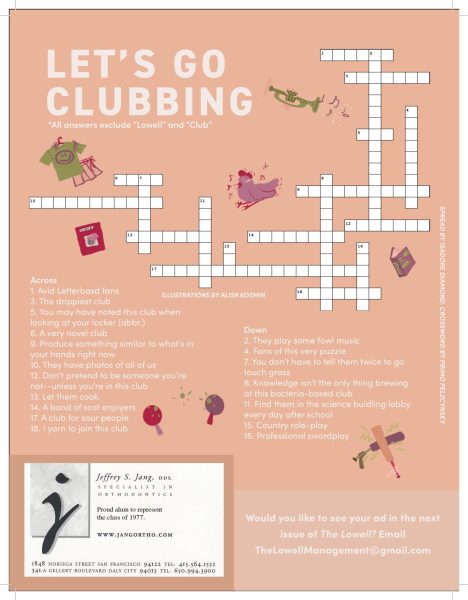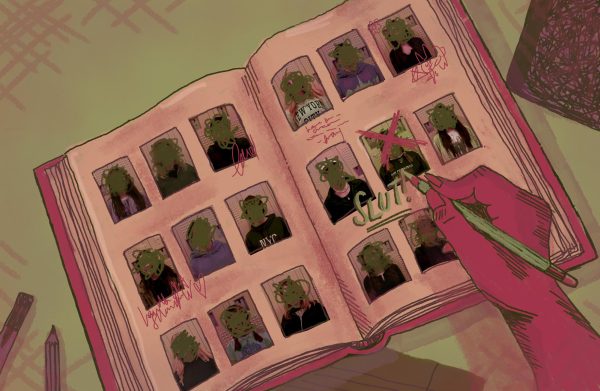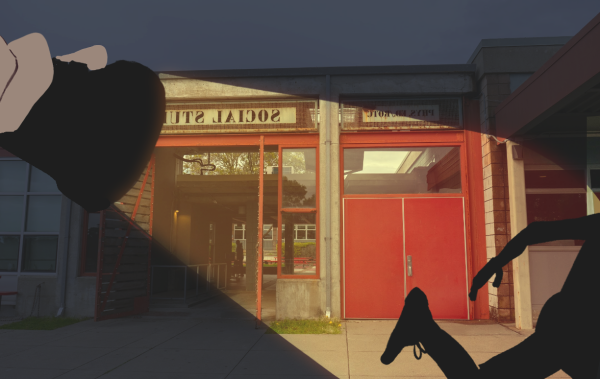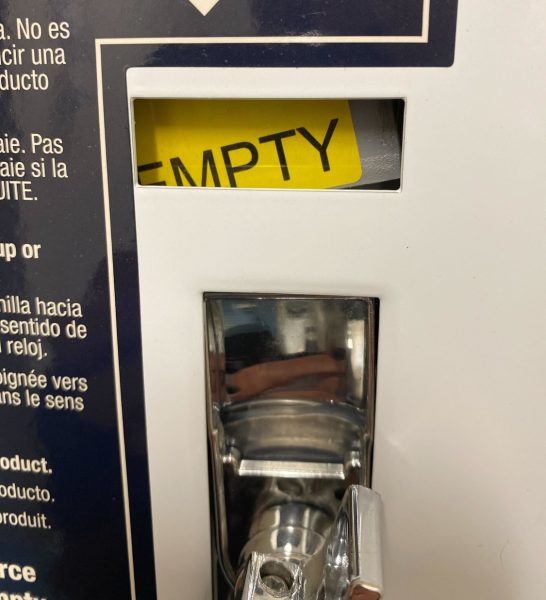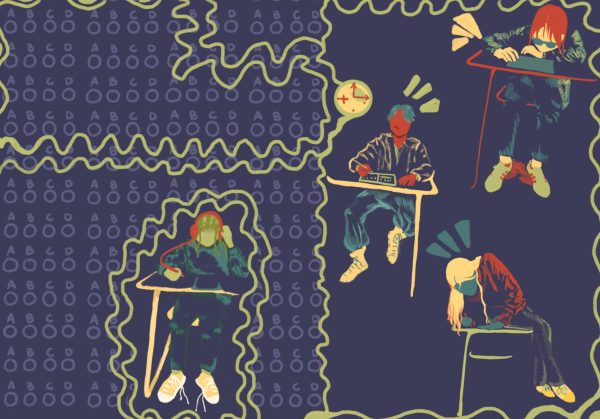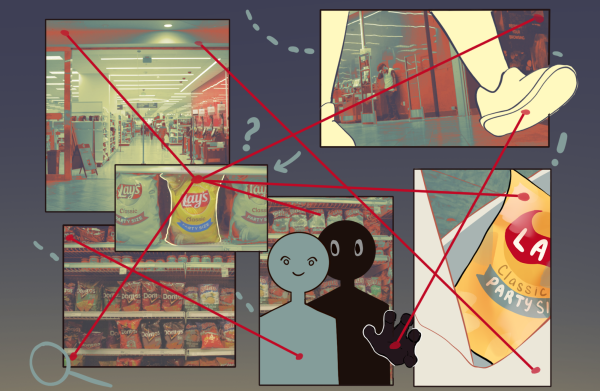A spectrum of stories: two members of Student Body Council talk about being a part of the LGBTQ community
In honor of last week’s Social Awareness Week, The Lowell profiled two members of the Student Body Council, Events Coordinator Adam Flores and Community Liaison Evan Chan about their experiences in being a part of the LGBTQ community. Below are their stories:
Adam Flores, Events Coordinator
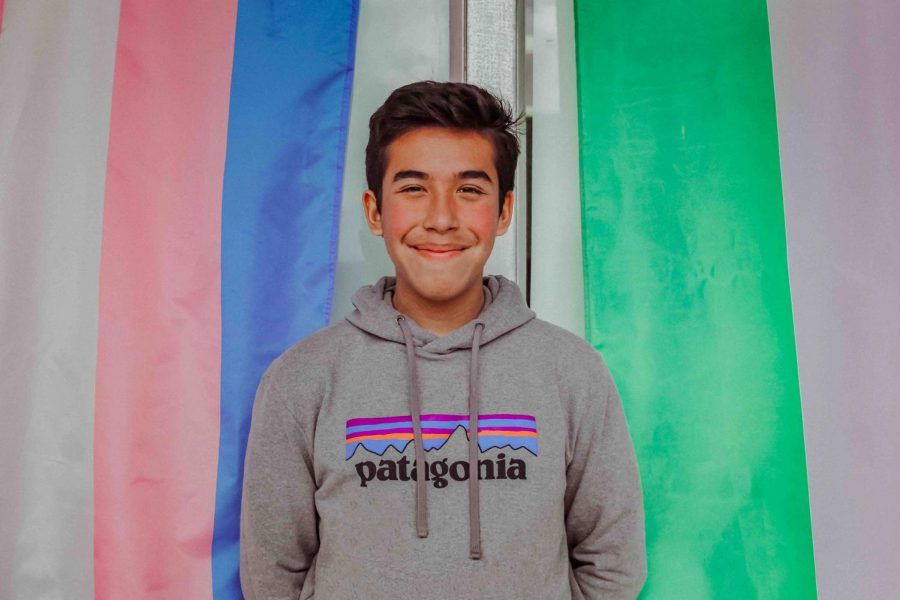
Senior and Events Coordinator Adam Flores identifies as bisexual.
When you’ve been raised your whole life with the concept that being attracted to the same sex is wrong, it’s hard to understand your sexuality and be comfortable in your own skin. Despite this, Senior and SBC Events Coordinator Adam Flores has found a way to be true to himself in a community that accepts his differences.
Ever since he was little, Flores has been aware of his attraction to more than just the opposite sex. “I was one of those few people who found out super super early,” Flores said. “I would think boys were cute but I also liked girls.”
Though he realized he was bisexual during elementary school, Flores didn’t come out as bi until high school. “In middle school…I tried to not draw attention to myself, to not be ‘out there’ like I was as a child,” he said. He felt uncomfortable under the judgemental watch of his middle school peers, and in the eyes of his Catholic parents. Once he attended Lowell, however, Flores discovered a much more accepting environment in which he felt comfortable with his identity. “At Lowell there’s not really a presence of bullying and name calling,” Flores said. “A lot of people are open with themselves…that motivated me to be open as well.”
Despite the school’s efforts to be accepting of all students regardless of gender or sexuality, Flores said he still feels misunderstood by some of his peers. “They don’t understand that ‘bi’ is a thing,” he said. “When you’re gay, there’s no confusion. You like the same gender, and that’s it. You’re gonna be with someone with the same gender as you.” Bisexuality, however, is a more confusing concept for society to grasp. Flores feels that some of his peers don’t believe that bisexuality is real, a phenomenon called “bisexual erasure” in which society denies the legitimacy of bisexuality. “Some people say, ‘No you’re just gay’ or ‘why can’t you just like girls, why do you have to like boys too?’” he said.
In addition, Flores feels that some people treat bisexuality like a trend. “Apparently it’s a ‘thing’ to be bi now,” Flores said. He explained that many people have become more honest about their sexualities as of late, and the wave of coming out stories has made it appear that breaking society’s mold of heteronormativity is a trend, or a bandwagon to hop on. Especially in a city where diversity is very celebrated, Flores is worried that people are claiming to be bisexual because it makes them feel special. “I am not attacking those who identify as bisexual, because the only person who truly knows who you are is yourself. But I am saying that if you are telling people you identify as bisexual, but you know in your heart that you aren’t, be aware of it because it makes a mockery of the sexuality,” Flores said. He feels that it’s unfair to use sexuality as part of a social image. “It’s not a choice,” Flores said. “You’re born with it, and pretending to be someone you’re not is not good for you.” Lastly, every trend eventually ends, which is not the case with someone’s identity. “When people treat bisexuality as a trend, they imply that bisexuality will die down. But we are forever!” Flores said.
Even or those who do believe in bisexuality, they may still harbor misconceptions about what it means to be bi. “The worst thing is when people ask me, ‘who do you like more, boys or girls?’ or ‘who are you gonna marry, a boy or a girl?’” Flores said. “I always respond with, ‘I like girls 100 percent and boys 100 percent,’” he said.
Though Flores faces insensitive questions like these as a bisexual person, he still appreciates the work Lowell has done to be more inclusive and empathetic for people on the LGBTQ spectrum. He has noticed recently that student surveys now include transgender, nonbinary and ‘other’ as options for the participant’s gender identity, and thinks that these small steps have a positive impact on the school community, both inclusion and education wise. He is excited that Social Awareness Week (SAW) is addressing LGBTQ youth, and he believes that this event will help educate even more students and staff about what it means to be LGBTQ. “We’re not just exploring gay to straight, but we’re also exploring other sexuality and gender. [Every form of identity] that makes up less than one percent of the population,” Flores said. “This event, it’s very progressive and it’s going to educate a lot more people. I hope it leaves an impact, and that they’ll diffuse their knowledge to others.”
Flores himself is still learning about different aspects of the LGBTQ community. Up until a few days ago when LSA hung flags for every form of identity on the catwalk, he had no idea there was more than just a rainbow flag to encompass all parts of the LGBTQ spectrum. “I did not know there was a lesbian flag, a gender queer flag and asexual flag,” Flores said. “I’m still learning even though I’m a part of the community.”
Flores hopes that SAW has helped his peers learn about what it means to be LGBTQ, and how students can be accepting of LGBTQ youth. One thing he wants to teach people is that everyone doesn’t have to fall into one category on the spectrum. “The spectrum isn’t 2D, I feel like it’s three dimensional or four dimensional. There’s your gender or not your gender, your sexuality, and the experiences that make up who you are. You’re a pinpoint on the 4D spectrum.” Flores said. “I feel like a lot of people think you’re either gay or straight, or bisexual, but there’s so many other forms of identity and expression that fall on the spectrum.”
Evan Chan, Community Liaison
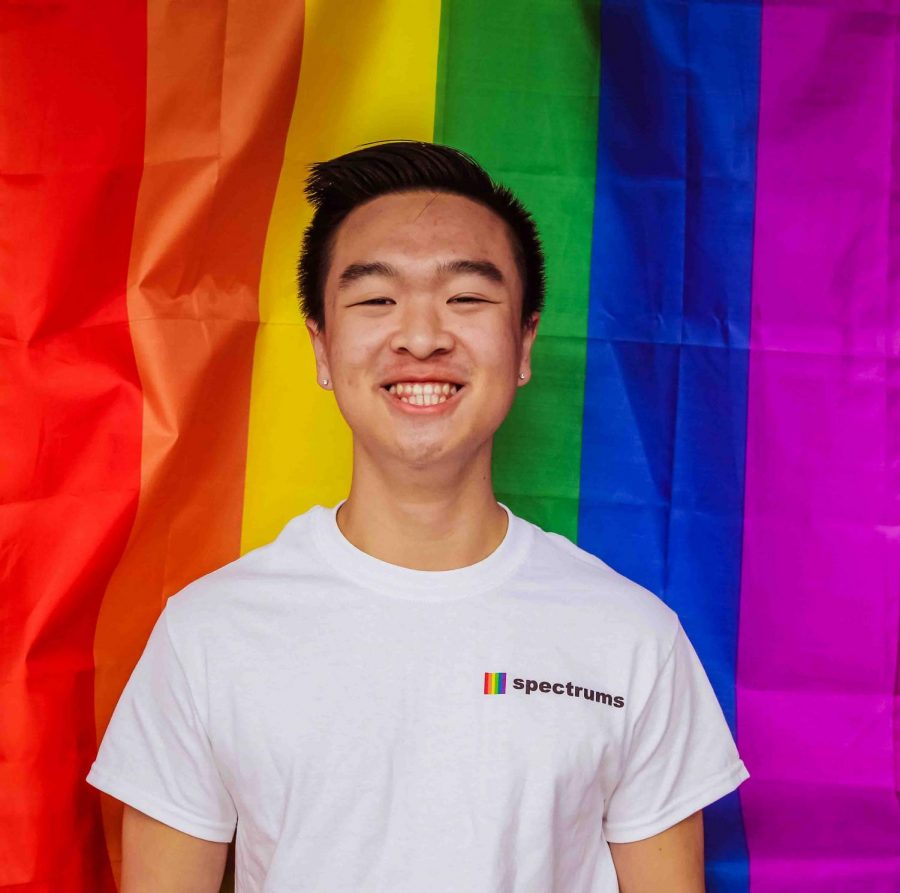
Senior Community Liaison Evan Chan stands in front of the rainbow flag. He identifies as queer.
It’s easy for a lot of us to understand what it means to be LGBTQ, but what might seem like common knowledge for high school students in San Francisco can be a foreign concept for older generations from more traditional backgrounds. Senior and Student Body Council Community Liaison Evan Chan looks towards his own experience to give them advice.
Chan has known about his attraction to both genders for as long as he can remember but only ever expressed it for girls since high school. “Even back in elementary school I remember looking at guys the same way I look at girls,” Chan said. “But then because of the small remarks that people would make, I saw that culture was leaning more towards heterosexual relationships.”
When Chan first came out he hadn’t yet put a label on his identity. It was only later, after people started asking, that he decided to use the term queer. “I identify with queer because it’s more of a looser term and because of that I am not binded to a rigid identity,” Chan said.
The first person Chan came out to was his sister, during spring semester of freshman year when he decided to bring it up casually during a conversation. “I’m pretty close with my sister and she’s eight years older than I am so she’s in a very different stage of life and I felt like coming out to her was just kind of like a good first option,” Chan said. “She didn’t treat it like it was a big deal which is probably for the best.” It was a mixture of his sister’s accepting reaction and Lowell’s diverse atmosphere that encouraged him to come out to his friends soon after. “At Lowell I felt more accepted,” Chan said “I saw a lot of other queer people very out and very open and that helped me break out of my shell.”
The greater challenge Chan came across was one rooted in old-world culture: coming out to his traditional Chinese parents. “It’s kind of different telling my friends and telling my family because friends accept me more for who I am but then with family it has more to do with culture and heritage,” Chan said. “In Chinese culture one of the big things for males is passing on your last name. That usually means marrying a woman and having children and anything that could jeopardize that, like being with a man for the rest of your life, is looked down upon.”
Chan shared his experience during Social Awareness Week (SAW) through the movie Love, Simon. “It was actually the movie that made me feel like I could come out to my parents,” Chan said. “The movie itself portrays being queer as something so normal.” The movie’s message resonated with many other SBC members as well, which is why they chose to screen it for free for SAW on Feb. 9. “It just kind of assured me that no matter what I identify as in the end I’m still Evan and I’m still the same student at Lowell, I am still my parent’s child,” he said.
It was only in this past summer that Evan finally came out to his parents and a few other family members. “I was scared to tell my parents for such a long time but when I told them they were very accepting even though they didn’t really understand what it meant at first,” he said. Despite their initial confusion, Chan’s parents did their best to keep an open mind and stand by their son.
For those who know very little about the LGBTQ community, and don’t know how to engage with a loved one coming out, Chan had advice. “If you’re not sure about something approach it with curiosity, don’t approach it with a closed mind,” he said.
